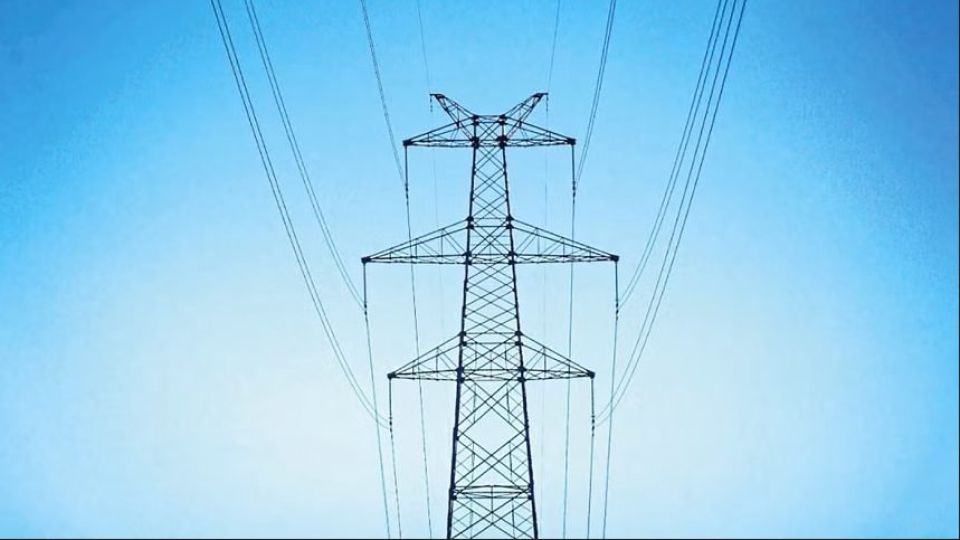March 1, 2023
DHAKA – The government yesterday increased the electricity price by 5 percent, the third such hike this year, at a time when fuel and energy prices are on the decline around the world.
From today, a consumer who previously paid Tk 1,000 a month will have to pay Tk 1,050 for the same amount of electricity, according to the notification from the ministry of power, energy and mineral resources.
The weighted average price of electricity will be Tk 8.25 per kilowatt hour, up from Tk 7.86. Before January, it was Tk 7.13.
For ordinary people already battling elevated inflation for the best part of a year, this is just another sprinkling of salt in their wounds.
In the first seven months of the fiscal year, inflation averaged 8.7 percent, much above the budgetary target of 5.6 percent.
The hike in electricity comes in line with the commitment made to the International Monetary Fund for the $4.7 billion loan programme.
“If you look at Bangladesh, a lot of subsidies are given for gas and electricity. Who drives cars? Who consumes air conditioning? It is not the poor, it’s the rich people. Those people do not deserve the subsidy they are getting in the context of a country going through a fiscal problem,” said Krishna Srinivasan, director of the IMF’s Asia-Pacific department, last week in New Delhi.
In their letter of intent to the IMF in December last year, Bangladesh Bank Governor Abdur Rouf Talukder and Finance Minister AHM Mustafa Kamal said they will adjust electricity prices to reduce subsidies.
“Although budget subsidies for natural gas and electricity are expected to rise significantly in fiscal 2022-23, they should remain relatively contained at 0.9 percent of GDP. We will aim at adjusting electricity prices further to reduce subsidies,” they said.
The Washington-based multilateral lender said the 20 percent hike in bulk electricity tariffs in November last year was a “welcome step”.
Accordingly, Nasrul Hamid, the state minister for power, energy and mineral resources, told The Daily Star last month that the government will adjust the electricity price every month.
Asked why the electricity price was being raised at a time when fuel prices are declining globally, Mir Mohammad Aslam Uddin, the ministry’s spokesman, said he didn’t get any data from the power division.
“The power division will provide a notification soon in this regard including the reason behind the price hike,” he said.
While the IMF did call for lessening the subsidy, they did not prescribe doing so by hiking the electricity price every month, said Khandaker Golam Moazzem, research director at the Centre for Policy Dialogue.
“Going for a price hike is kind of avoiding the main problems in the sector, which are overcapacity, excessive capacity payments, corruption and so on.”
There are lots of ways to reduce subsidy expenditure than by hiking the tariffs, which only impacts the consumers.
The government can reduce the subsidy burden by cutting back on the “illogical expenditures” in the power sector, he said.
“The subsidy burden is not the fault of consumers. With this electricity price hike, it will not possible to increase the dollar reserves, which would be essential to import fuel for electricity,” he added.
The government hiked the electricity price at a time when the energy price in the international market decreasing, said M Shamsul Alam, vice-president of the Consumers’ Association of Bangladesh.
“Consumers are in all sorts of problems with the increasing prices of all kinds of products in the past two years. The government should stop toying with the people like this.”


